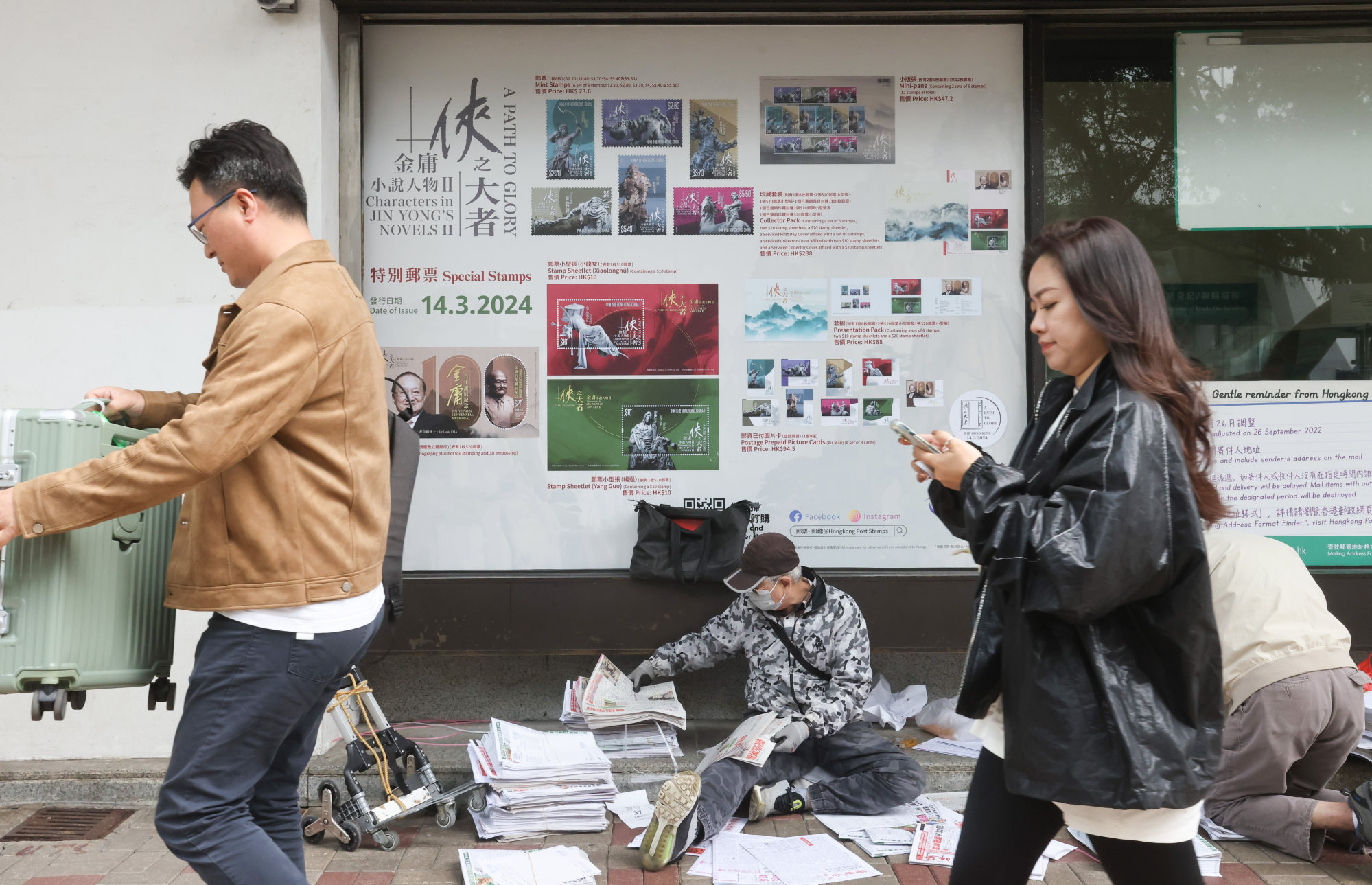But let’s begin with the easy fixes, shall we? The Audit Commission criticised Hongkong Post, along with two other publicly funded institutions, for failing to include national security clauses in their agreements. Hongkong Post had not included these clauses when it hired stamp designers.
Be that as it may, the fact that the Audit Commission had to mention this suggests there are larger issues with the current government processes. Surely the government would have issued all relevant parties and bodies with a directive about including clauses pertaining to national security already.
Perhaps what is lacking is a way of ensuring that such government directives are followed. Thus, while this item on the Audit Commission’s list is simple enough for Hongkong Post to check off, there is no quick fix to government red tape.
The watchdog also highlighted that Hongkong Post had “incorrectly described” its services to other regions of China as “international services” on its website and app and in its annual reports and notices, even though a government circular was sent to bureaus and departments about accurate references to Hong Kong and other parts of China.
It is actually hard to imagine Hongkong Post making such an error. Everyday people know inaccurate addresses could delay delivery of mail. Geographical knowledge should be the post office’s forte.
Lumping the rest of the country with other destinations under “international services” is a huge oversight. Twenty-six years have passed since the return of Hong Kong to China. Surely, Hongkong Post doesn’t need a reminder of that.
But these are not the biggest challenges Hongkong Post faces, as the watchdog made clear in its report. Rather, it would be Hong Kong’s inability to generate enough revenue to cover costs.
Like postal services around the world, Hongkong Post continues to grapple with falling demand for traditional mail. Postmasters around the world have been struggling to find other means of revenue to ensure the public service they provide is not impacted.
For seven out of 10 financial years, Hongkong Post ran losses, of up to HK$364 million a year.

It has been trying to diversify its services and markets, with a focus on cross-border e-commerce and belt and road countries. Yet revenue from such e-commerce services, for example, have consistently fallen short of expectations.
Can the postal service be both a public service and a business? That’s the question the government needs to answer. While the Audit Commission is right to point out that the postal service could carry out better research to see whether there is indeed demand for the new services it hopes to provide, in the first place, is it too much to expect the postal service to have the business acumen to tackle revenue challenges?
This seems unrealistic, to say the least, when Hongkong Post doesn’t appear to be capable of submitting accurate budget projections to the government. The Audit Commission said in its report that “actual revenues from local e-commerce services fell short of the budgeted revenues by 69 per cent, 64 per cent and 71 per cent” in three financial years.
Given that Hongkong Post is struggling to even manage stamp stocks, with obsolete stamps worth millions needing to be disposed of, is it even realistic for the public or the government to expect it to count stamps carefully and be entrepreneurial at the same time?
It is true that Hongkong Post is supposed to be operating a self-sustaining service. But in a world where technology has made snail mail all but obsolete, the government has the duty to step in to help think of other ways to reinvent the city’s postal service, especially on the business development front.

